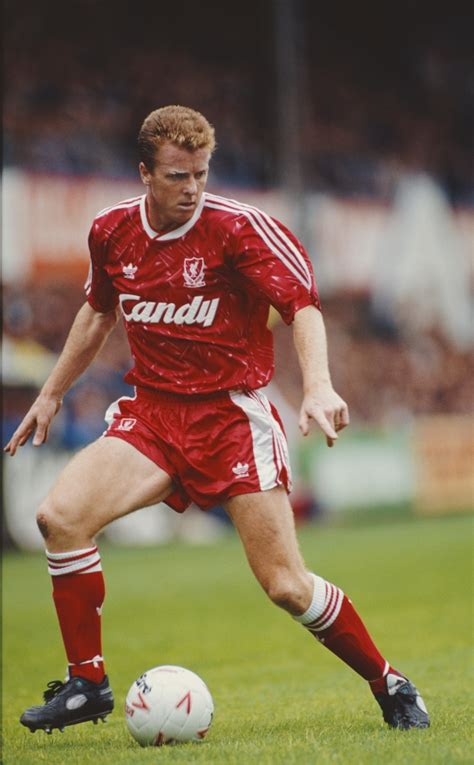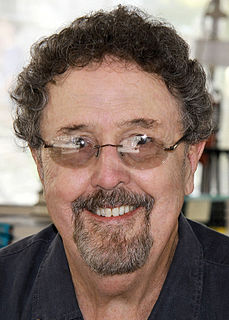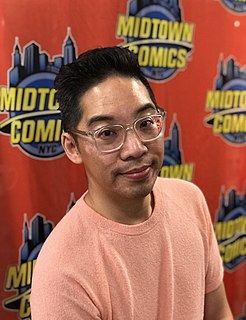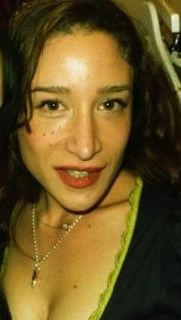A Quote by James Vance
There's a certain pressure you put on yourself to use the comics page to full advantage that can focus your mind to a pinpoint, and when the juices are flowing, that's incredibly exciting. When you've managed to fit a complex set of actions or a complicated emotional passage into a single page there's the sense of satisfaction that I suspect a sculptor gets from chipping away at a piece of stone and ending up with a fully-realized work of art.
Quote Topics
Related Quotes
I saw the comics in the East Village Other, and they weren't superhero comics, they were all about hippies and all about things hippies were interested in. And there was one page in particular, a full page strip called "Gentle's Trip Out" signed "Panzika", and it was totally, totally psychedelic, and really, I don't know if it made any sense at all but it looked so great, and I thought, "This is what I want to do, this is my big influence," and it was.
Today, in 2011, if you go and buy a color laser printer from any major laser printer manufacturer and print a page, that page will end up having slight yellow dots printed on every single page in a pattern which makes the page unique to you and to your printer. This is happening to us today. And nobody seems to be making a fuss about it.
The enemy is not the badly written page; it is the empty page the great advantage of a badly written page is that it can be rewritten. It can be improved. A blank page is zero. In fact, it’s worse than zero, because it represents territory you’re afraid, unwilling, or too lazy to explore. Avoid exploring this territory long enough, and you’ll abandon your book.
Comics are not theatre - there's a very important difference in that the reader controls the page. You can linger on a page of comics as long as you want. You can read and go forward and then move back; you can reread, in one sitting or at your leisure. You can take as much time as you want to take in that story.
I'm really happy that more and more people are making their own comics. I remember how daunting it was for me to just put pen to paper, page by page, until you had a finished comic, but the way new creators are doing that and bravely bringing their unique voices and experiences to their work is really inspiring.
Comics have the page as their real estate so you've only got that space to tell the story on. But the other thing only comics do is to have the words and pictures being simultaneous. Your brain is flicking between them and you can put in some excellent narrative devices; you can off-set things and juxtapose things between word and image.
































